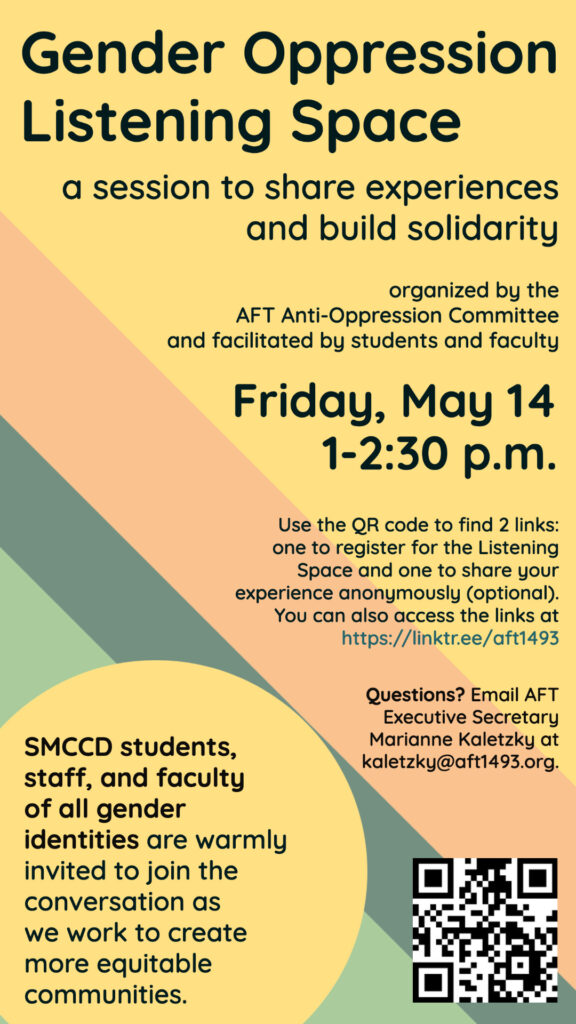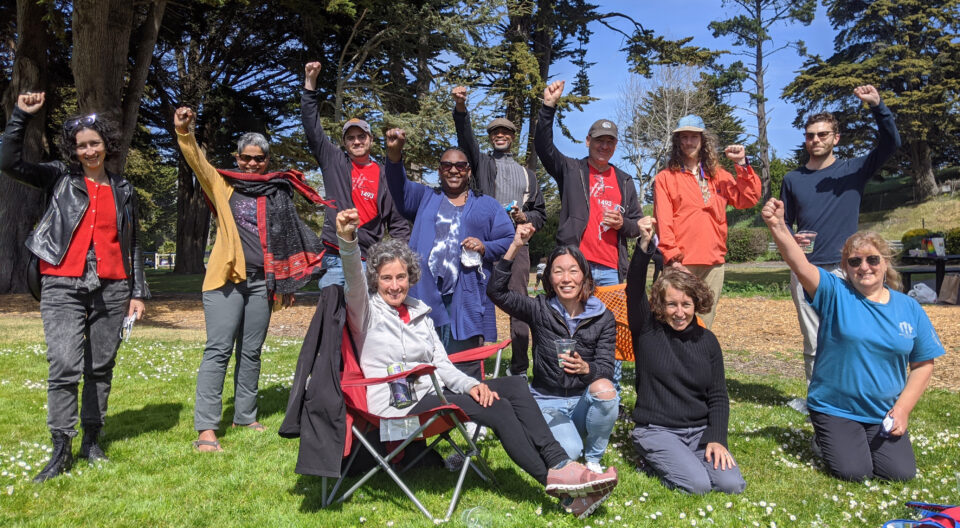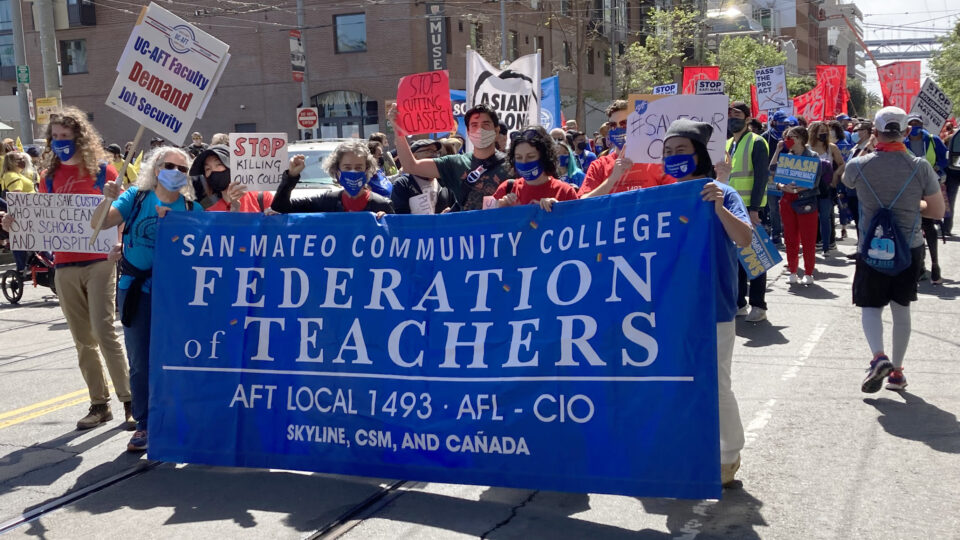Anti-Oppression Committee
All faculty, staff and students are invited to the Gender Oppression Listening Space:
A session to share experiences and build solidarity: Friday, May 14, 1 – 2:30 p.m.
by Rika Yonemura-Fabian, Skyline Chapter co-chair, AFT anti-oppression committee co-lead
 Many female-identifying faculty and students experience gender aggression, discrimination and harassment in classrooms and in our interactions with our colleagues, administrators and peers. Yet it is often extremely challenging to bring justice to gender-based aggression. As a union representative, I have been in conversation with many female colleagues around their experiences of being intimidated, belittled, and marginalized because of their gender in everyday contexts of our work. I have also represented some faculty members in investigations of their complaints of gender discrimination.
Many female-identifying faculty and students experience gender aggression, discrimination and harassment in classrooms and in our interactions with our colleagues, administrators and peers. Yet it is often extremely challenging to bring justice to gender-based aggression. As a union representative, I have been in conversation with many female colleagues around their experiences of being intimidated, belittled, and marginalized because of their gender in everyday contexts of our work. I have also represented some faculty members in investigations of their complaints of gender discrimination.
When a complainant is a faculty member, the case goes to the District HR office. In the process, I have seen complainants face multiple obstacles, always, without an exception, of a similar nature: the complainant has to endure a long, time-consuming process of filing their complaints and documenting the incidents, all the while reliving the trauma of the incidents; the District office takes a long time to respond to the complaint, and the complainant self-doubts if she is making something up out of nothing and causing trouble for other people; the District refuses to take meaningful actions to intervene, and the complainant walks away with a sense of powerlessness; there is a constant fear of retaliation which a complainant has to endure, throughout the process. In some cases, the complainant herself was asked to justify and explain how the incident constituted gender harassment. To sum up, individual investigation processes can be very isolating, and in themselves, traumatizing. Although we try to do our best, support from union representatives won’t be able to entirely solve this very common symptom of victim-blaming perpetuated by the oppressive gendered system itself.
The AFT anti-oppression committee, a collective of faculty and students within AFT, wants to create a communal and supportive space for our female-identifying and non-binary colleagues and students to build a network of support. With this as our goal, we are organizing a Gender Oppression Listening Space: a session to share experiences and build solidarity on May 14th from 1pm – 2:30pm. The event is designed to serve as a container to provide safety and trust to talk about women’s and female-identifying people’s experiences, including gender aggressions and gender oppression on campus, and the everyday struggles of gendered labor patterns, including the burden from care work and emotional work that often falls on women. Facilitated by an AFT member and a student organizer, the space will connect faculty and students so that we can start building a network of mentorship.
All faculty, classified staff, and students are welcome to join. Register at this link. In this first event, we welcome male-identifying members to listen and learn about gendered experiences from other participants. If you have any questions, please direct it to Rika Yonemura at fabian@aft1493.org or Marianne Kaletzky at kaletzky@aft1493.org.




